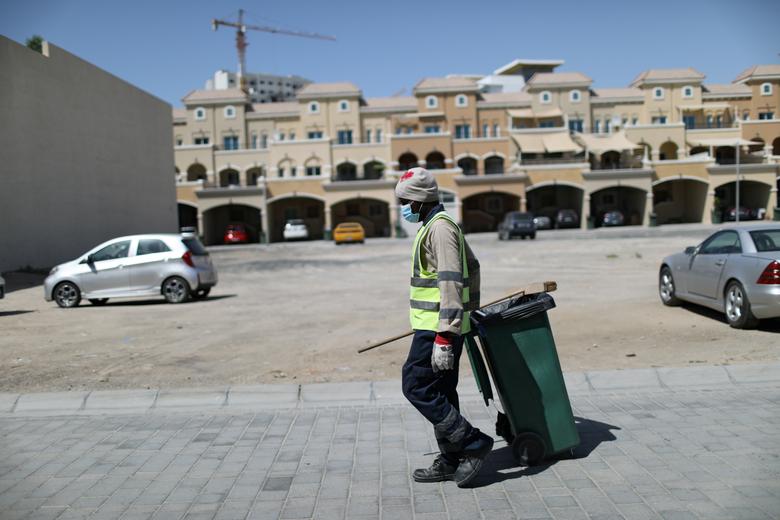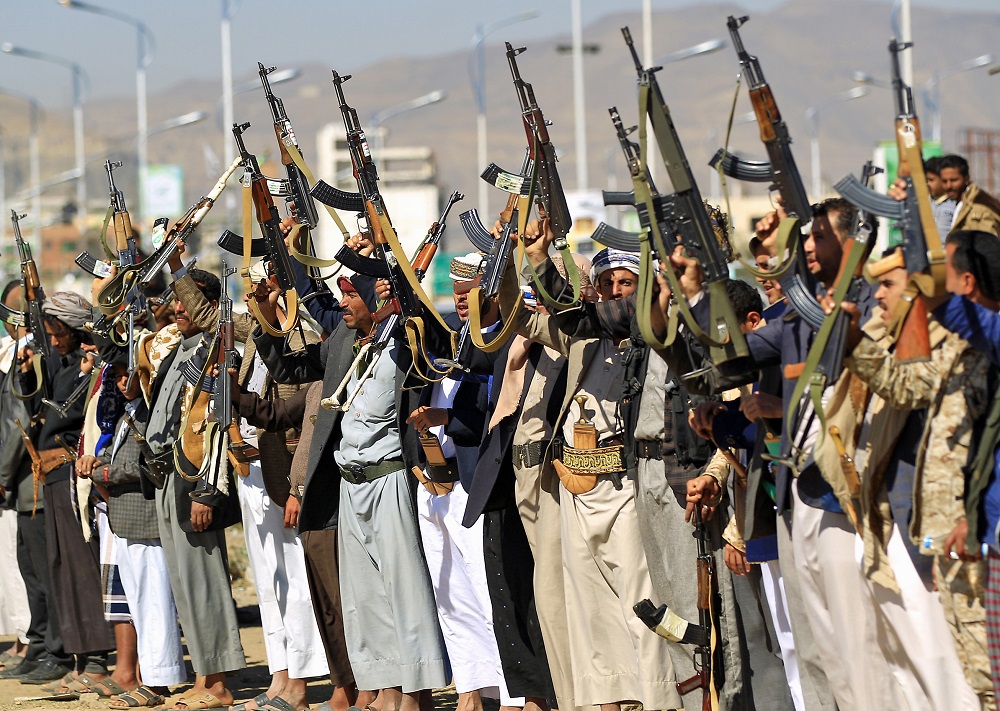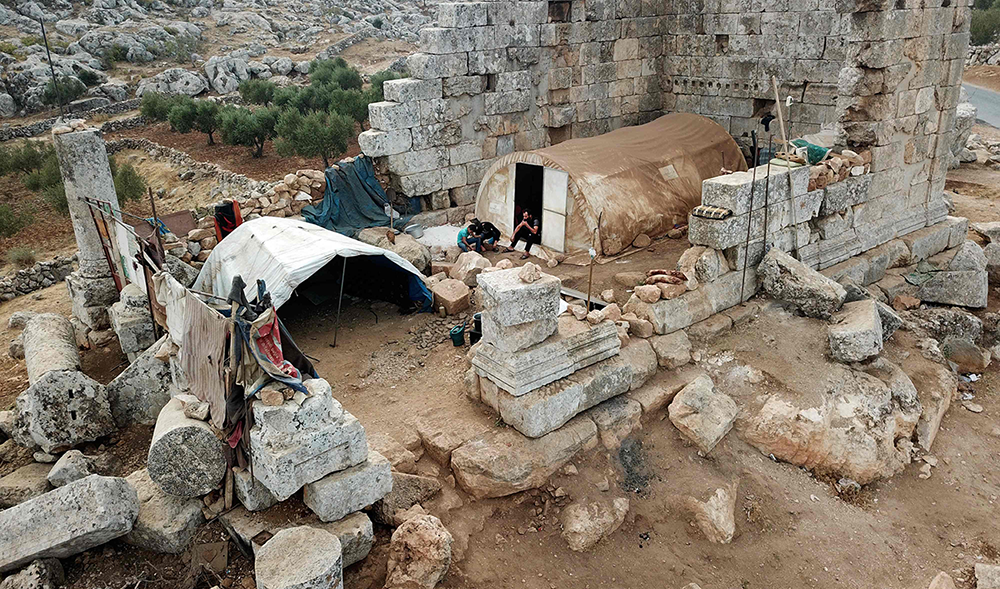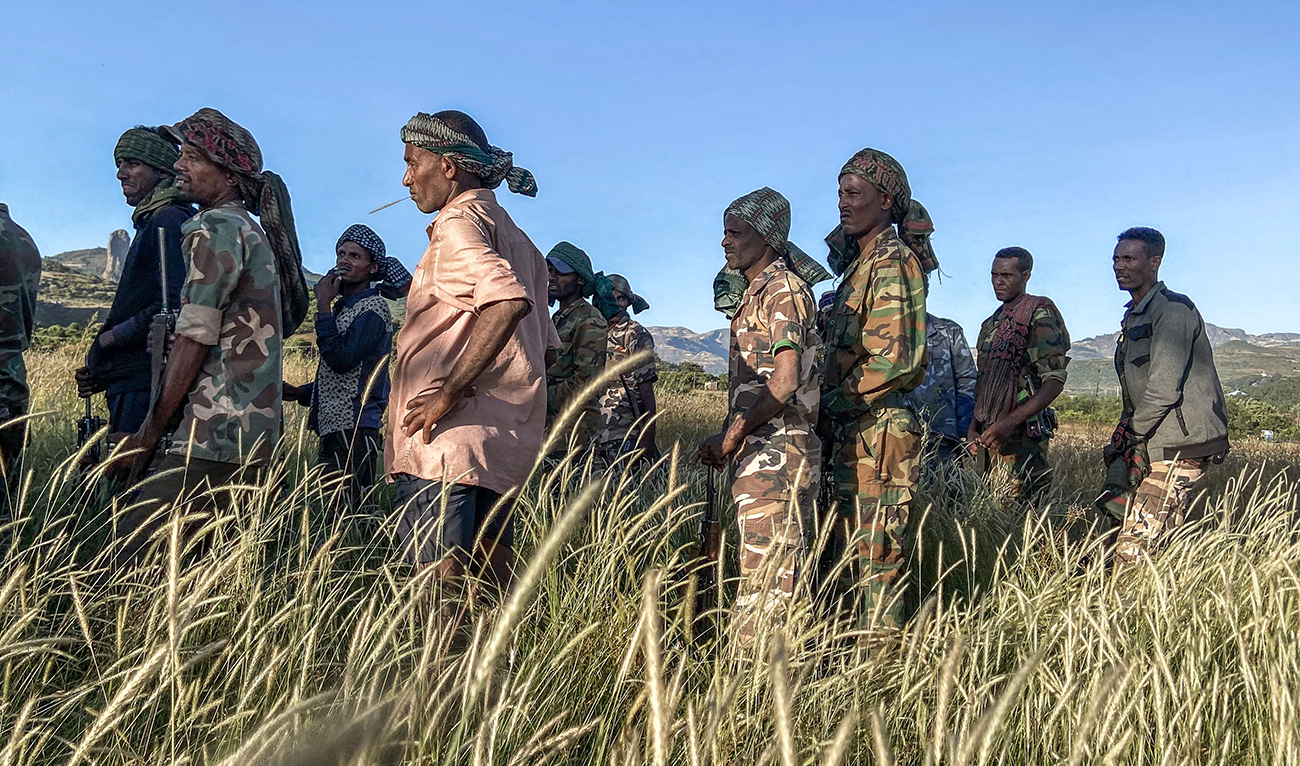UAE COVID-19 pandemic toll climbs to 520 as 1,214 new cases confirmed
DUBAI: The UAE on Wednesday recorded 1,214 new coronavirus cases and two deaths.
The Ministry of Health and Prevention said the total number of cases since the pandemic began has reached 145,599, with the death toll now 520.
The ministry added that 741 people recovered over the previous 24 hours, bringing the total number of recoveries to 140,442.
Abu Dhabi’s Department of Health conducted a study of 1,038 people infected with COVID-19 who follow a healthy diet.
The study showed that there is a strong correlation between the individual’s lifestyle and the number of days they spend in hospital for treatment of symptoms associated with the virus.
Patients who follow a healthy diet spend less time in hospital compared with those who do not, the study found.
“A healthy diet is important during the COVID-19 pandemic, because what the body consumes can affect its ability to fight and recover from diseases,” the department said in a statement on WAM.
Sumaya Al-Ameri, of the Abu Dhabi Department of Health, said: “The study confirmed that adopting a healthy lifestyle contributes to strengthening the body’s immunity against diseases in general and against the symptoms associated with infection with the COVID-19 virus in particular.”
Al-Ameri said proper exercise, adequate sleep and avoiding unhealthy habits such as smoking are also important.
Abu Dhabi’s Emergency, Crisis and Disaster Committee said the emirate continues to maintain a low percentage of confirmed coronavirus cases compared with the total number of tests conducted, due to its national screening program and other testing initiatives.
It is the first time an unconventional gas development in the Middle East has delivered gas to a pipeline so early in the project timeline. This marks an important step towards ADNOC’s target of producing 1bn standard cubic feet (scfd) of gas from the concession before 2030.
— مكتب أبوظبي الإعلامي (@admediaoffice) November 11, 2020
“The percentage of confirmed cases per total tests conducted in the emirate over the past three months remained low at 0.39 percent,” it added.
Meanwhile, Dubai Economy issued a fine to an electronic trading establishment for breaching anti-COVID-19 measures during daily inspection tours.
Elsewhere, Kuwait recorded 778 new COVID-19 cases, bringing the total to 134,159. The death toll reached 826 after five new fatalities were registered.
تعلن #وزارة_الصحة عن تأكيد إصابة 778 حالة جديدة، وتسجيل 749 حالة شفاء، و 5 حالات وفاة جديدة بـ #فيروس_كورونا_المستجدّ COVID-19 ، ليصبح إجمالي عدد الحالات 134,159 حالة pic.twitter.com/OrsKxM85Ng
— وزارة الصحة – الكويت (@KUWAIT_MOH) November 11, 2020
Oman’s health ministry confirmed 302 new cases and five deaths, bringing the total to 119,186 and 1,321, respectively.
#Statement No. 224
November 11. 2020 pic.twitter.com/Y4SX8KMtI6— وزارة الصحة – عُمان (@OmaniMOH) November 11, 2020
In Bahrain, one death was reported, bringing the death toll to 332, while 231 new infected cases were confirmed.
Out of 11299 COVID-19 tests carried out on 11 November 2020, 231 new cases have been detected among 78 expatriate workers, 148 new cases are contacts of active cases, and 5 are travel related. There were 244 recoveries from #COVID19, increasing total recoveries to 81658 pic.twitter.com/W9HBCIsTJL
— وزارة الصحة | مملكة البحرين (@MOH_Bahrain) November 11, 2020

Saudi Arabia confirms 14 COVID-19 deaths, 394 new casesUAE records 1,096 new COVID-19 cases, 3 deaths



